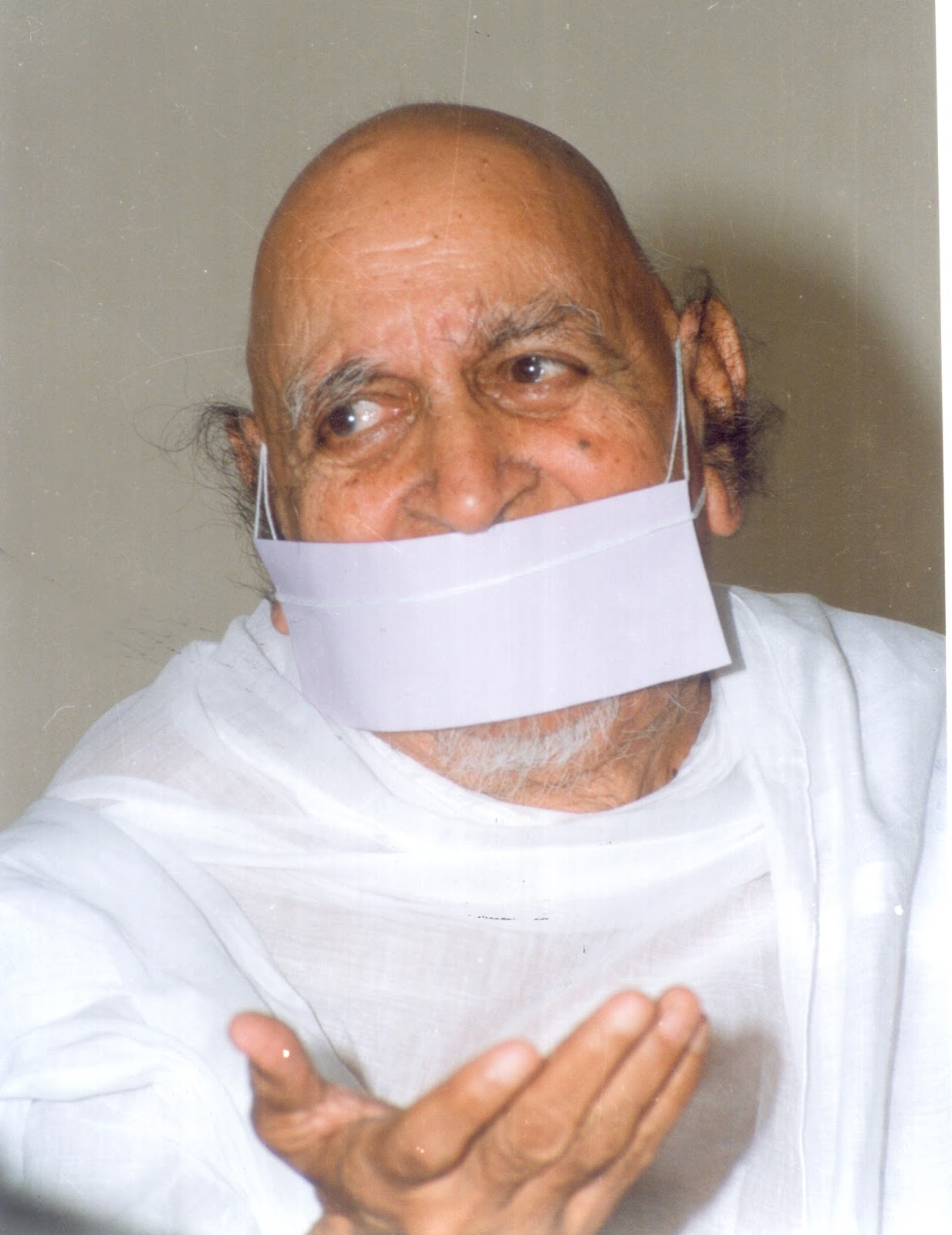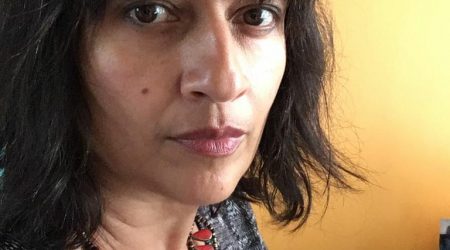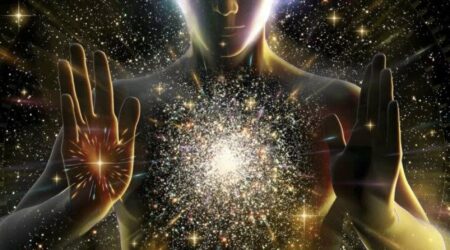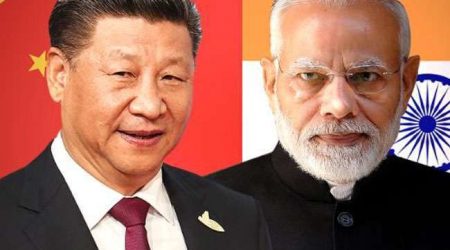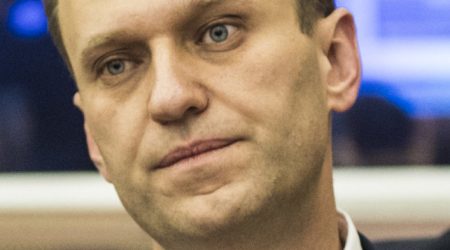By Keara O’Bryen
Learning to understand violence in different contexts is important to me. I witnessed violence when I was very young. As a teenager, I was in a very violent relationship. Time alone does not heal wounds. Wounds need tending to heal properly.
One type of violence is institutional violence. From racism to sexism, classism, and speciesism, these are forms of “othering” and domination. “Othering” is a process of exclusion and discrimination where an individual or group of people are devalued and perceived as intrinsically and inherently different from “the norm”. As a social worker, I take an ecological and systems perspective examining institutional violence. For example, violence and exploitation of earth and earthlings lead to global climate change. Without clean water and fertile soil, stress levels increase which increases the risk of domestic violence contributing to impoverished conditions. The immigration process in our country, the USA, is long and tedious. People from all over the world come to the USA to escape violence. They are frequently conned, being promised “jobs”. However, when they arrive, they are entrapped in an intentionally inflicted cycle of debt. Then they’re forced to work long hours in inhumane conditions. One example of this is when people are trafficked and work in concentrated animal feeding operations (CAFOs). CAFOs are often found near underserved socio-economic areas, contributing to environmental racism, health disparities, and the destruction of habitats for nonhuman species.
There is no such thing as individual liberation unless Parasparopagraho Jīvānām is practiced, which is described as the interconnectedness between all beings and elements. Oppressive systems that thrive off due to steya which means to steal, and himsa or violence, is maintained by frameworks of parigraha, to possess and dominate the planet with material possessions, to fill an emptiness. These systems of oppression leave us with, robbing our connection with the natural world around us, each other, and ourselves. Our connection to atman (soul) is severed. Atman is the soul in everything. All organic living and nonliving beings, elements, and existence itself. Existence in and of itself is an all-knowing source that we are connected to. Its spirit is in everything. It is what connects us all and why we don’t hurt others, or any organic substance because we are inherently it and it is us, collectively, flowing through us as individuals. We hurt ourselves when we hurt others.
Violence is a multifaceted issue used to maintain power and control. The motivation to maintain power and control can come from different places, including greed and sadism, but also victimization and trauma. For this week’s Anuvrat, I ask you to practice Anekantvada, many-sidedness, through mindfulness. In mindfulness practice, we observe our experiences in a nonjudgmental way, giving us a chance to heal and cultivate a loving presence. There is no absolute truth. Reality is essentially intersubjective. Being calm and present enables us to distinguish these different sources of motivation and respond with attunement.
Keara O’Bryen is a graduate student at Stony Brook University’s School of Social Welfare and interns with the animal advocacy organization Long Island Orchestrating for Nature (LION). Her main areas of interest include interspecies justice, humane education, policy, research, ecofeminism, and ecotherapy.


